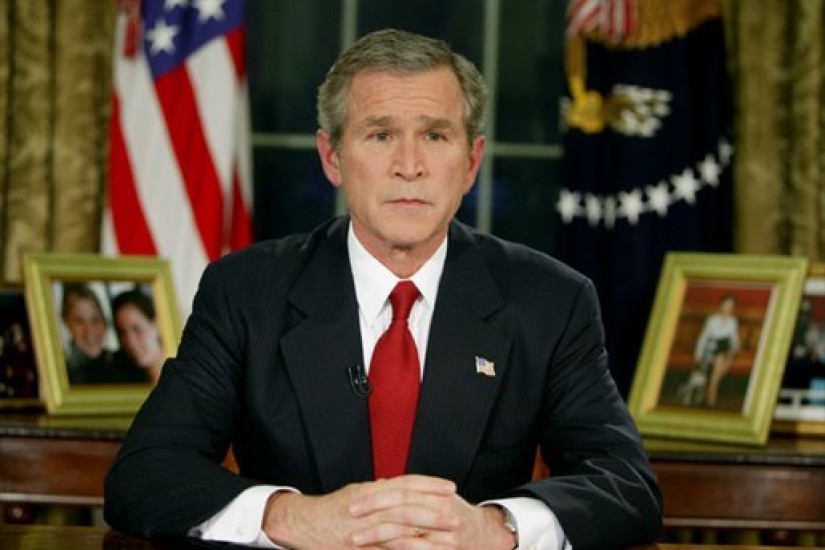The October 16, 2002, joint resolution authorizing the use of U.S. armed forces against Iraq (House Joint Resolution 114) marks a turning point in the history of American war powers. For half a century, the executive branch has tried to establish an independent authority to bring the United States into war. Executives have relied on imperial notions of the presidency, and especially on their role as commander in chief of the armed forces. To maintain its position against presidential usurpation, Congress has relied on the War Powers Clause of the Constitution and on the 1973 War Powers Resolution. Despite this historic tension, following a surprisingly mild political battle during the summer of 2002, the 107th Congress preauthorized President George W. Bush to use armed force against Iraq, effectively ceding the power to declare war to the president—at least in this one case. And the National Security Strategy introduced in September 2002 implies that the president may well continue to pursue preemptive wars like the invasion of Iraq, practically guaranteeing that the nation will face similar questions in the near future. Because the president still does not acknowledge the constitutional limitations, and Congress has dodged the issue, at least about Iraq, it is important to recognize it and insist that the president must seek congressional approval for future preemptive invasions.
War Powers
The text is simple: pursuant to Article I, Section 8, Clause 11 of the U.S. Constitution, “The Congress shall have Power . . . To declare War.” On this there is no question. The Founders’ decision to use the word declare instead of make leaves the president limited and clearly delineated power to “repel sudden attacks” against the United States. Under Daniel Webster’s widely cited definition, such a defensive war is justified (and presumably needs no congressional authorization) when the necessity to act is “instant, overwhelming, and leaving no choice of means, and no moment for deliberation.”
Responding to perceived trespasses by Presidents Lyndon B. Johnson and Richard Nixon in initiating and expanding the war in Southeast Asia, Congress clarified its sole authority to declare war in 1973. The War Powers Resolution (WPR) requires the president to report to, and regularly consult with, Congress after deploying armed forces to a combat zone. Unless Congress authorizes military action, the WPR requires the president to withdraw U.S. forces within sixty days of deployment. A congressional declaration of war or enabling resolution such as House Joint Resolution 114 supercedes these requirements by authorizing the president to conduct war.
